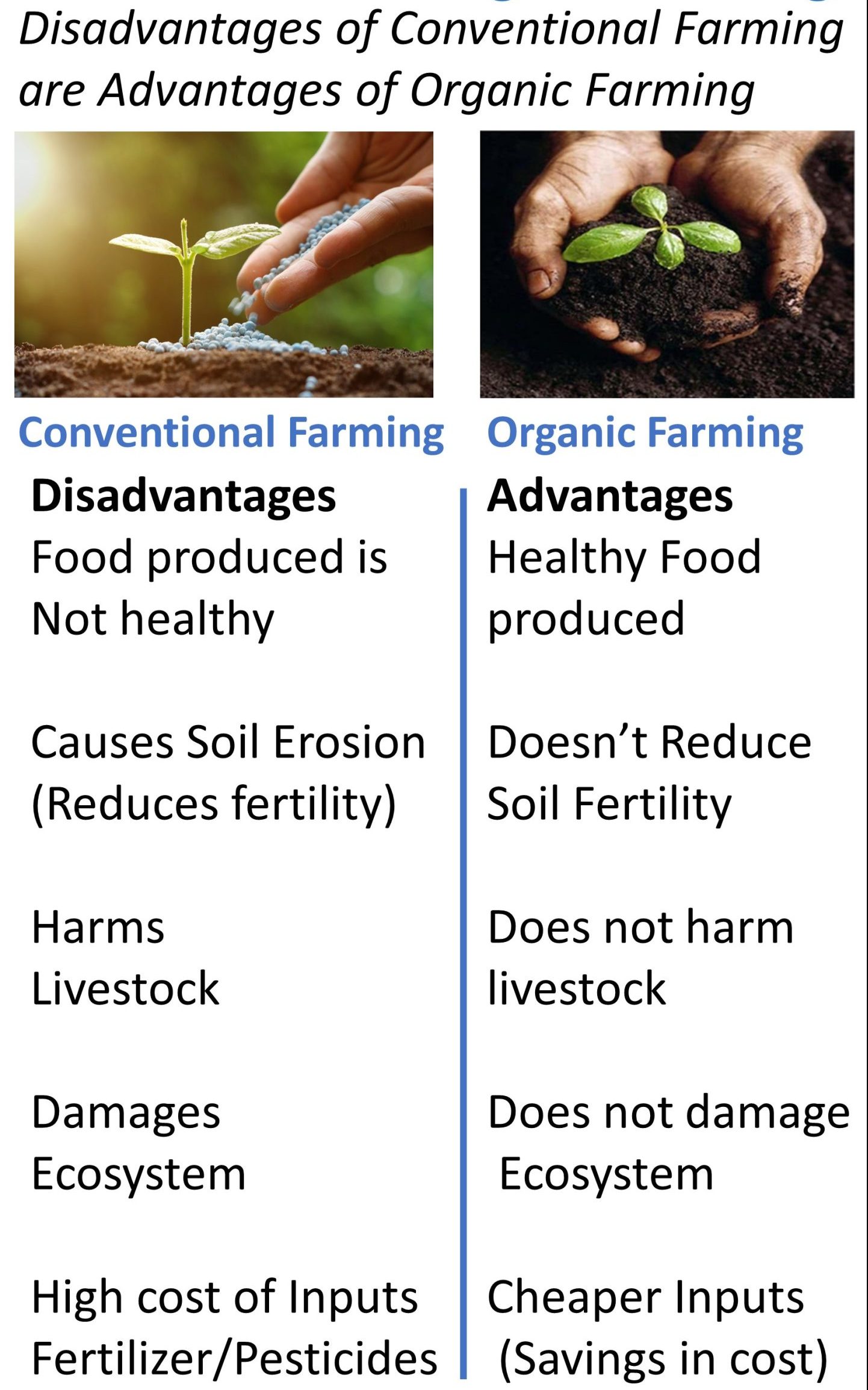Introduction
In recent years, there has been a growing interest in organic farming practices, and for a good reason. Not only does organic farming benefit the environment, but it also offers numerous advantages for those who consume its products. When it comes to livestock farming, going organic can make a significant difference in the quality of the food we eat and the health of our planet. In this article, we’ll delve into the benefits of organic livestock farming and why it’s a choice that can have a positive impact on your health, the environment, and animal welfare.
- Improved Animal Welfare
One of the fundamental principles of organic livestock farming is providing animals with humane living conditions. Organic standards require that animals have access to the outdoors, clean water, and space to move and express their natural behaviors. This means that organic livestock are often healthier, less stressed, and have better overall well-being compared to animals raised in conventional industrial farms.
- Reduced Use of Antibiotics and Hormones
In conventional livestock farming, antibiotics and hormones are frequently used to promote rapid growth and prevent diseases in overcrowded and unsanitary conditions. However, this practice has raised concerns about the development of antibiotic-resistant bacteria and the potential health risks associated with consuming products from animals treated with hormones. Organic livestock farming prohibits the routine use of antibiotics and hormones, leading to cleaner, safer meat and dairy products.
- Environmental Benefits
Organic livestock farming is environmentally friendly, with several notable benefits:
a. Reduced Pollution: Organic farms prioritize sustainable waste management practices, reducing the risk of harmful runoff and contamination of nearby water sources with chemicals and pathogens.
b. Soil Health: Organic farming promotes healthy soil through practices such as crop rotation, cover cropping, and reduced tillage. Healthy soil sequesters carbon and enhances its ability to retain water, contributing to climate change mitigation and improved resilience in the face of extreme weather events.
c. Biodiversity: Organic farms often support higher levels of biodiversity, with natural habitats, hedgerows, and buffer zones that provide habitats for pollinators and wildlife.
- Better Nutritional Quality
Organic livestock products are often nutritionally superior to their conventionally raised counterparts. Studies have shown that organic meat and dairy products can have higher levels of essential nutrients such as omega-3 fatty acids, vitamins, and antioxidants. Additionally, they tend to have lower levels of saturated fats and harmful chemicals, making them a healthier choice for consumers.
- Safer for Consumers
Consumers concerned about pesticide residues and the potential health risks associated with them will find organic livestock products to be a safer choice. Organic standards prohibit the use of synthetic pesticides and genetically modified organisms (GMOs), reducing the exposure of consumers to potentially harmful substances.
- Support for Local and Sustainable Agriculture
Choosing organic livestock products often means supporting local and sustainable agriculture. Many organic farms are smaller, family-owned operations that prioritize ethical farming practices and sustainable land management. By purchasing organic products, consumers can contribute to the growth of these local, environmentally responsible farming communities.
- Taste and Quality
Organic livestock products are often praised for their superior taste and quality. This can be attributed to factors such as natural feeding methods, healthier animals, and more ethical treatment throughout their lives. Many consumers find that organic meat and dairy products have a richer, more authentic flavor.
Conclusion
In a world where the choices we make can have a profound impact on the environment, our health, and animal welfare, opting for organic livestock products is a step in the right direction. From improved animal welfare to reduced environmental impact, organic livestock farming offers a multitude of benefits that resonate with consumers who care about the food they eat and the world they live in. So, next time you’re at the grocery store or farmers’ market, consider making the switch to organic – not only for your own well-being but also for the greater good of our planet.






